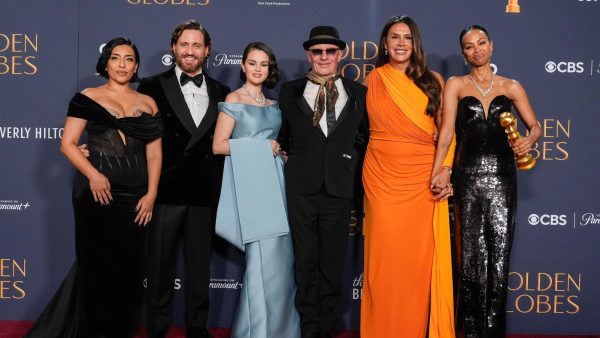February Monthly Mini-Read
February 10, 1996 – Computer beats Garry Kasparov in a chess match
The game of chess has existed for over 1400 years, with strategies progressively developing and competition rising. Eventually, in 1886, the first chess world championship was held. From then on, world championships would officially crown the best chess player in the world. Toward the end of the 20th century, Soviet-born chess master Garry Kasparov had been dominating the game.
On Wikipedia it says that in 1985, Carnegie Mellon doctoral student Feng-hsiung Hsu began work on a chess playing computer known as ChipTest. Two years later, it was able to win the North American Computer Chess Championship. But the goal had not been achieved. Hsu joined IBM Research in hopes of one day beating a chess champion. The team continued to grow as people saw the potential in such technology. After tweaks to the system and a name change to Deep Blue, it was time to face the reigning world chess champion, Kasparov. In the first game in the six-game match, Deep Blue beat Kasparov under normal regulation, becoming the first computer to do so. Despite this, Kasparov was able to rethink his strategy and win the match 4-2.
And after a doubling of its speed and significant hardware improvement, Deep Blue eventually beat Kasparov 3 ½-2 ½ the next year, which was a breakthrough for artificial intelligence.
As for now, the computers are too strong even for any chess player…
February 18, 1930 – Discovery of Pluto
In 1846, the eighth planet, Neptune, was discovered. Although this was such a great achievement, there was still more to be known. Astronomers had noticed that some other object was affecting the orbit of Uranus in addition to Neptune.
According to Wikipedia, Percival Lowell, founder of the Lowell Observatory, began an extensive search for this object in 1906, then deemed as “Planet X”. With the help of William H. Pickering, possible coordinates were recorded, but when Lowell died ten years later, nothing was found. Little did he know, his surveys did have faint records of Pluto, but he glanced over them. The widow of Lowell, Constance Lowell, proceeded to enter a legal conflict over the legacy of her husband, which halted the search for Pluto until 1929.
The director of the Lowell Observatory, Vesto Melvin Slipher, chose Clyde Tombaugh to resume the hunt for Planet X. Tombaugh had not long ago arrived after Slipher was impressed with his drawings. Tombaugh spent nearly a year just doing one thing: taking pictures from the exact same angle on different days. The goal was to see if any object moved, the possible Planet X. Although a rather tedious task, he successfully located a tiny movement of an object, that being Pluto.
After further investigation, later in the century, Planet X was disproved, as the data from Pluto did not match the predictions of Lowell.
And then Pluto was demoted to a dwarf planet.
What did Pluto do to anybody to receive such shame?
Additional Facts
Although February is the shortest month of the year, it does not hold short when it comes to celebrations, which include Groundhog Day, Valentine’s Day, Ash Wednesday, and Black History Month. Pull Your Sofa off the Wall Month also hosts Hedgehog Day (which happens to be the same day as Groundhog day), National Hippo Day, National Dog Biscuit Day, and Annoy Squidward Day.

Ethan Wong is a junior at Fayetteville-Manlius High School. This is his third year as a member of The Buzz, and he currently serves as Features Editor....










